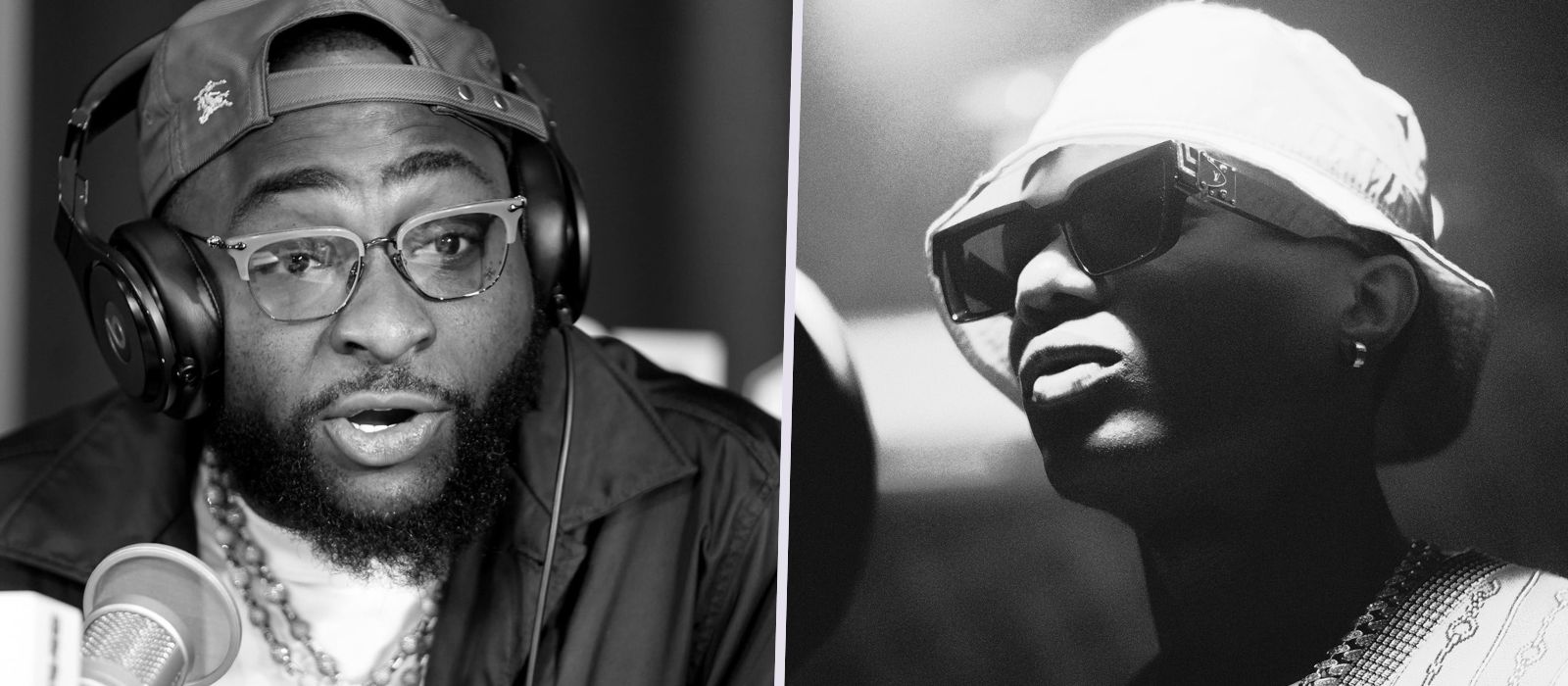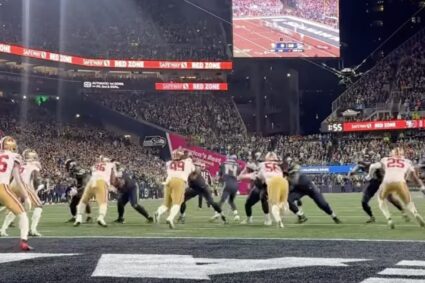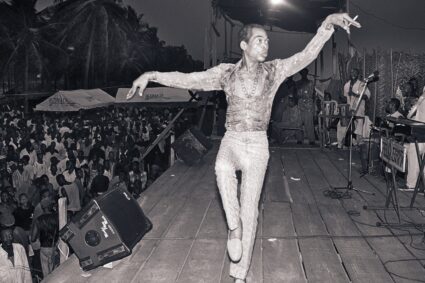
Renowned Afrobeats icons Davido and Wizkid, giants in the music industry, find themselves embroiled in a public feud, marking a stark departure from their previous camaraderie.
The recent clash erupted on X (formerly Twitter), as both artists asserted their dominance and influence in the global music scene, intensifying their ongoing rivalry.
Though the origins of their current discord remain ambiguous, it contrasts sharply with their previous public displays of camaraderie, suggesting a complex, love-hate dynamic characterizing their relationship.
Below are some of the timelines of the love-hate relationship between Davido and Wizkid:
On July 28, 2014, Wizkid put out a post on Twitter (Now X) after his show his New York and ahead of his London concert. In the tweet, Wizkid said “Proper shows, proper venues,” in what was considered a diss at Davido who also recently held his concert.
In a post on his Twitter account on July 5, 2017, Wizkid said “My people make una remember to say Yankee passport no be baba blue, e no dey cure frog voice,” in what a dig at Davido who had an American citizenship.
In 2020, Davido said he unsuccessfully tried to make an album and go on tour with Wizkid.
In 2021, Burna Boy and Wizkid win Grammy and teased the idea of dropping a collaboration ‘Ballon d’Or’. It was a time when Burna Boy was in a separate feud with Davido and it appeared Wizkid had taken sides although there was nothing to suggest actual bad blood between the two.
In April 2024 – Wizkid trolled Davido with a viral video of him crying. Wizkid engaged fans on X and his rare time online wouldn’t be without controversy as he referred to Don Jazzy as an influencer and also trolled Davido by posting the viral video where he was crying on his knees as an example of how fans should beg him (Wizkid) for new music.
Davido claimed that Wizkid’s career was dead, and claimed he was over the hill: “Exactly why I stopped wasting my clout,” he noted. “And jeopardizing millions of my USD on someone whose career was resurrected a few years ago just to die again.”
While some social media users argue that this clash is a healthy competition driving both artists to greater heights, others worry that it perpetuates division within the music industry and fans alike.
As these influential figures in African music continue to shape the global music landscape, a fundamental question arises: Does their rivalry enhance or hinder the diverse and vibrant spectrum of African musical creativity?


